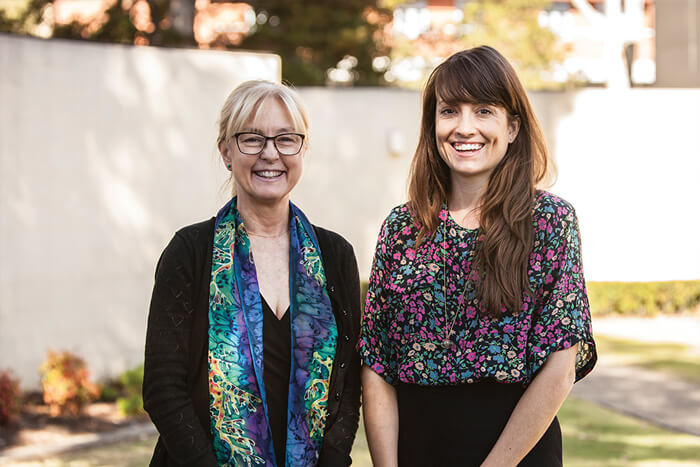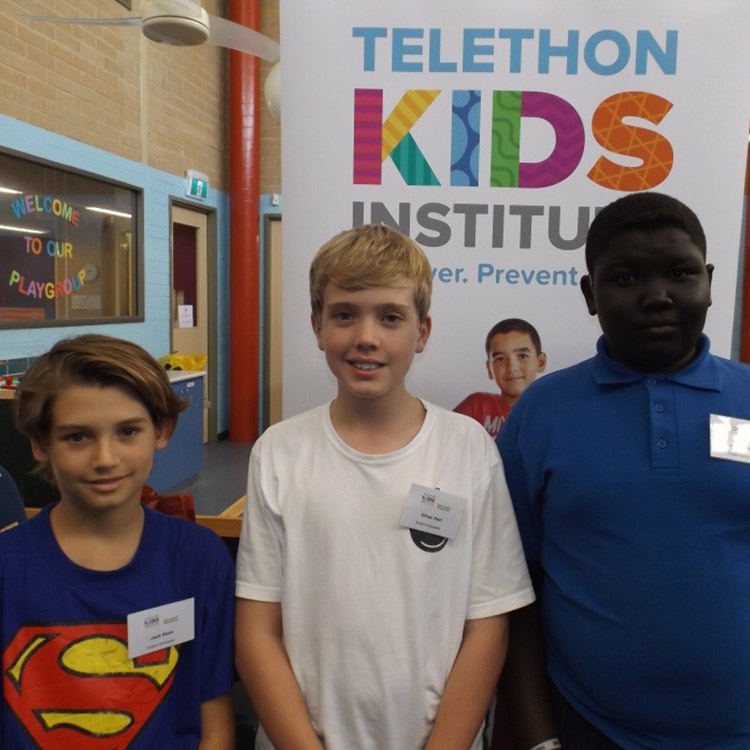Search
Research
Prevalence of Motor Difficulties in Autism Spectrum Disorder: Analysis of a Population-Based CohortIn this population-based cohort that included 2,084 children with autism aged ≤6 years, over one-third met the criteria for motor difficulties
Research
Feasibility and Effectiveness of an Individualized 12-Week "Uptime" Participation (U-PART) Intervention in Girls and Women With Rett SyndromeThe U-PART intervention was found to be feasible and effective in the short term in girls and women with Rett Syndrome
Research
Systematic Review and Meta-analysis: Mental Health in ChildrenThe behavioral phenotype of neurogenetic disorders associated with intellectual disability often includes psychiatric comorbidity. The objectives of this systematic review and meta-analysis were to systematically review the prevalence of psychiatric disorders and symptoms in children and adolescents
Research
Survival of children and adolescents with intellectual disability following gastrostomy insertionWhilst gastrostomy insertion was associated with lower survival rates than children without gastrostomy, survival improved with time

Sibling Support and Teen Talk Studies form
Research
Resting Energy Expenditure and Metabolic Features in Children With Septo-Optic DysplasiaSepto-optic dysplasia (SOD) is a major cause of congenital hypopituitarism and is known to be associated with overweight and obesity in up to 44% of children. Given the role of the hypothalamus in hormonal regulation, we sought to assess the association of resting energy expenditure (REE), appetite and physical activity with SOD.


News & Events
Thinking big to tackle kids’ brain developmentIf there’s one thing modern researchers and health professionals now understand, it’s that for so many diseases and conditions affecting children and adolescents, early intervention is crucial.

News & Events
Project helps Ethan belongEthan recently took part in Belong, a study led by The Kids which aims to ensure deaf and hard of hearing kids have a happy & positive school experience

News & Events
Video: One brave little girl's battle with Rett syndromeImagine your baby is developing normally, then suddenly she starts losing skills. Watch Marlee's story below and find out what researchers are doing.
